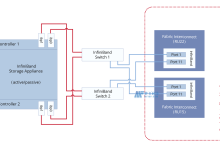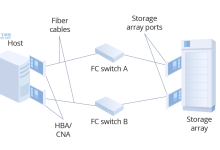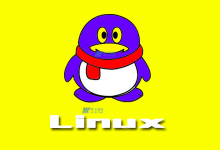With the development of computer network technology, ICMP, which belongs to the Internet Control Message Protocol (ICMP), plays an important role in network management and communication. ICMP is a network management protocol and connectionless communication between hosts in the Internet layer (Layer 3) of the OSI reference model. It allows routers and hosts to exchange error messages about communication errors and provide feedback information for network management. How does ICMP interact with linux systems? Today, I will analyze the interaction between ICMP and Linux systems more deeply.
First, let’s look at how ICMP interacts with Linux systems. ICMP messages are embedded in IP packets and can be sent from any host on the network. When a host on the local network sends an ICMP packet, the Linux system receives and processes it. First, the Linux network stack will check whether the packet is valid. If the packet is valid, the Linux TCP/IP stack will process the packet and respond accordingly. This includes responding to echo requests (ping) and time exceeded messages. It will also respond to ICMP source quench messages and redirects.
Additionally, with ICMP, the Linux Kernel is able to keep track of the reachability of its peers on the network. When a client or server sends an ICMP Echo message, such as a ping, the Linux network stack will process it. If the peer replies with an Echo Reply, the network stack will know the peer is reachable. If the peer does not reply, the network stack will attempt to contact the peer again. This process helps ensure reliable communication between peers on the network.
Moreover, Linux can also use ICMP for path MTU discovery. When packets need to be sent to a peer on the network, the Linux kernel will check the path MTU of the route to that host. If the path MTU is too small, the network stack will send an ICMP Fragmentation Needed message to the peer. The peer will then reply with an ICMP Fragment Aborted message containing the new path MTU. The Linux network stack will then update its routing table with the new path MTU.
To sum up, ICMP protocol plays an important role in communication and network management tasks. It allows the Linux kernel to keep track of the reachability of its peers, and it can be used to determine the path MTU of a route. Therefore, ICMP can be an invaluable tool in network management and communication tasks.

 国外主机测评 - 国外VPS,国外服务器,国外云服务器,测评及优惠码
国外主机测评 - 国外VPS,国外服务器,国外云服务器,测评及优惠码












